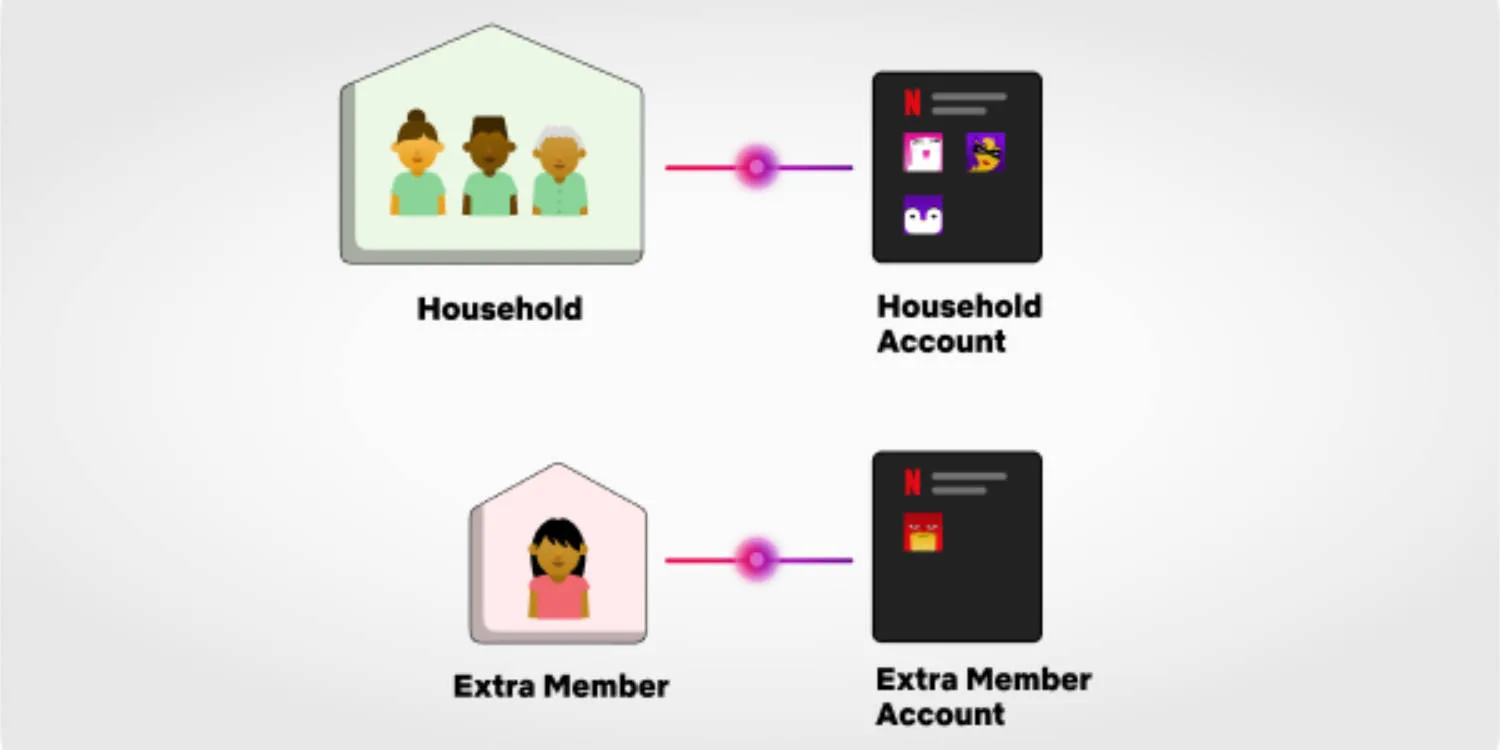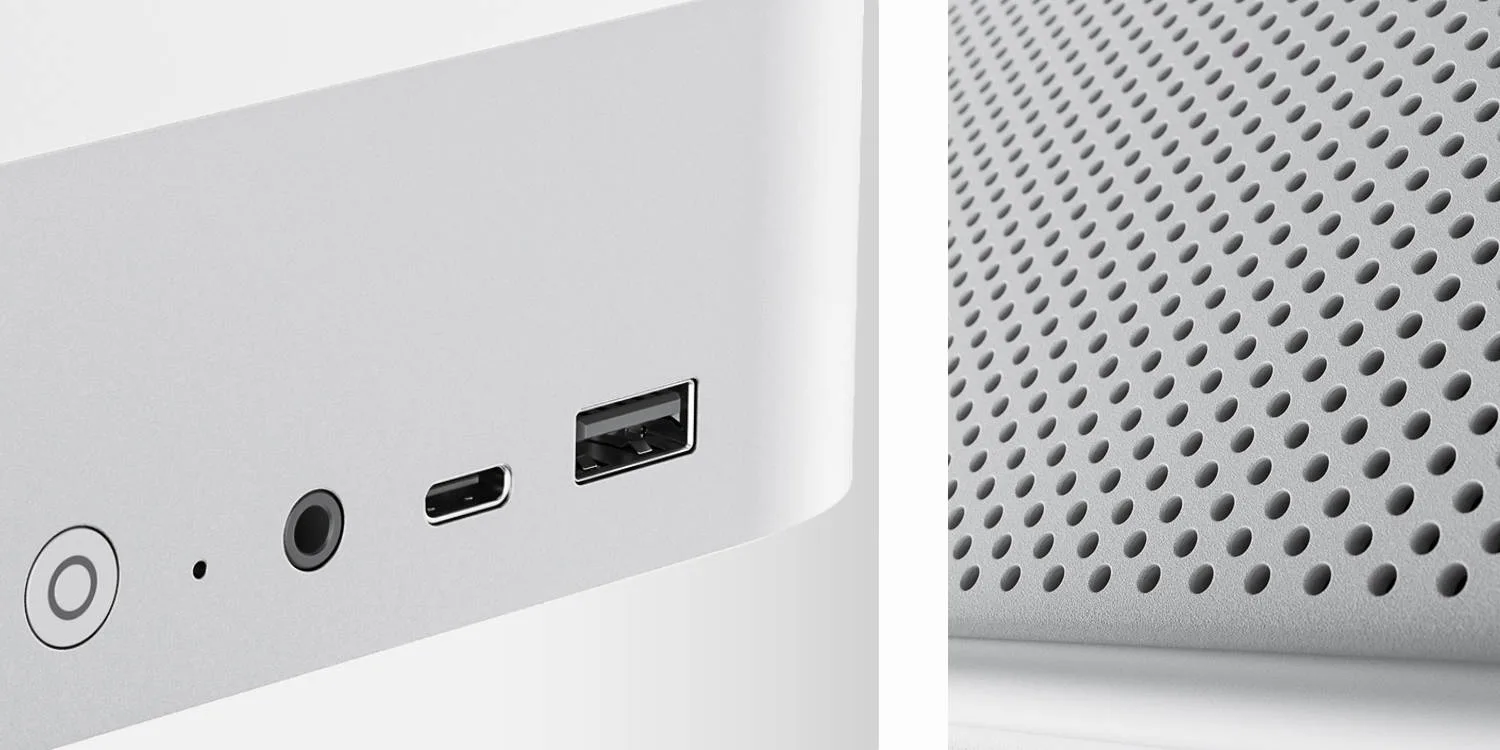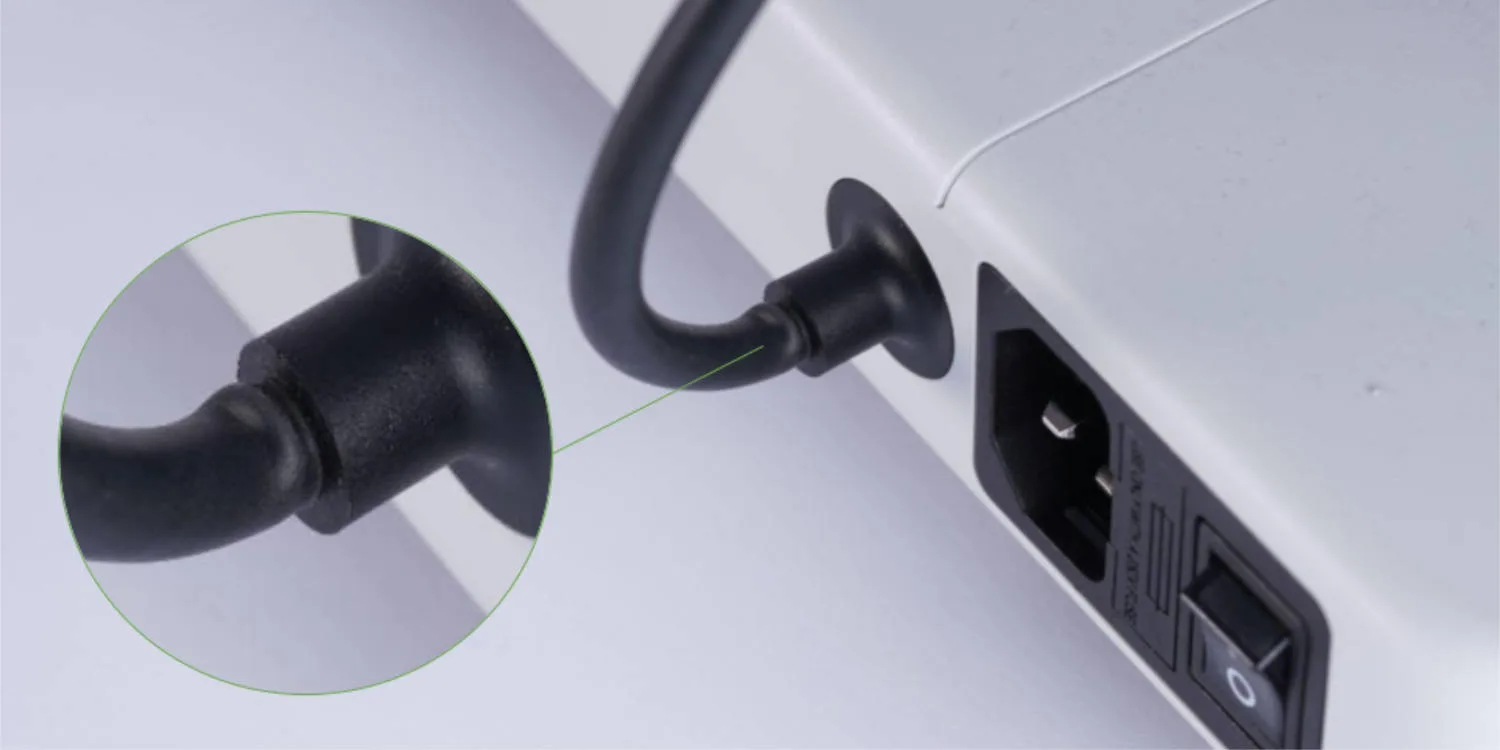Framework has shared insight into the silicon shortage and how it’s affected the Framework Laptop’s production to date. The blog also shares how the company has been forced to come up with unique solutions to get around the lack of parts and chips to ensure all customers get their laptops.
The team has shared that due to the pandemic and the more recent shipping issues chips that once had a lead time of 16-20 weeks now have lead times of 52 weeks, with some taking as much as 68 weeks. Waiting over a year for chips to build your products isn’t something most companies can do, requiring innovative thinking to get around the problem.
A quick trip to Poland
The Framework Laptop’s power button has a built-in LED, which means an extra part is required to produce it. The silicon shortage has meant the reel of LEDs has been hard to find which took the team to a drop shipper in Poland to get the last few reels available and ready to go.
Changing the audio CODEC
The more interesting of the two is the story of the audio CODEC chip. The Framework Laptop originally used the Realtek ALC295 “smart” audio CODEC chip for its speakers and microphone jack. This was soon changed once the team could no longer get the chip, forcing them to switch to the Tempo 92HD95B, a “dumb” audio CODEC chip.
While it might sound like a downgrade, in this case it isn’t. The Framework team were never able to work with Realtek to get the “smart” capability turned on so much of it remains off. Since the Tempo chip doesn’t have any of the “smart” capabilities it ends up being more energy efficient and draws less power. Overall, the two chips in their current configurations trade blows but are pretty much the same and you should notice a difference. Both support Linux and Windows.
You might like
Source: Framework






